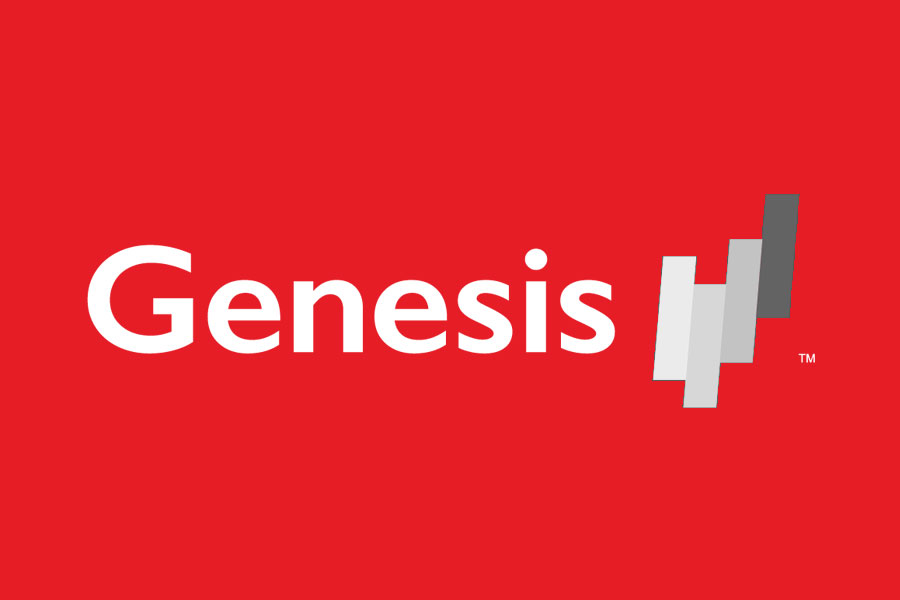Genesis Cuts Readmissions in Half and Improves Transitions to Home

Many skilled nursing facilities are embracing a value-based care model to better align with their hospital partners, especially those treating patients who are part of bundled payment programs. As a national provider of skilled nursing services, Genesis HealthCare is committed to improving patient outcomes. They’ve earned a reputation as an industry innovator by becoming one of the first skilled nursing facilities in the United States to assume Bundled Payment for Care Improvement (BPCI) risk as a way to improve quality and reduce costs.
Details:
- Client: Genesis Healthcare
- Services: Skilled Nursing Services
Challenge
Along with a shared financial responsibility, BPCI also requires more efficient patient transitions and increased visibility into patient care post-discharge. To make this possible, Genesis built a centralized care transitions team to coordinate care across all of its owned assets, which include skilled nursing facilities and rehabilitation services.
However, coordinating care between multiple teams across multiple service lines in real-time posed a significant challenge.
With more than 400 facilities in 26 states, Genesis wanted a solution that would help:
- Manage readmission risk with improved visibility across service lines and downstream partners.
- Reduce leakage and optimize service-line utilization via evidence-based transitions.
Solutions
To address these challenges, Genesis partnered with Dina and its digital care coordination platform to organize internal partners and high-performing external in-home partners. Dina began by studying Genesis’ internal service line overlaps, and how they transition patients between each group. The goal was to determine how to transition patients to the right place at the right time to deliver a more cohesive and cost-effective experience.
“From a care delivery perspective, we wanted to know if patients were getting what they needed within the facility, and then, once they were discharged, if they were getting what they needed back at home,” explained Travis Woyner, Dina’s vice president of operations.
Through this analysis, Dina identified internal champions, locations, partners, and key metrics for measuring success. During regular check-ins with project leadership and operational champions from each service line, the need for better tracking from referral acceptance to initiation of care became clear.
With the analysis completed, Genesis wanted to focus efforts on locations already involved in bundled payment arrangements. PowerBack Center City in Philadelphia became an initial focal point because it handled high volumes across a number of partners. The goal was to better manage readmission risk in order to reduce its high readmission rate, which had remained steady at 62% since 2015.
To address challenges identified during the assessment, Genesis implemented Dina’s care coordination platform to drive real-time communication with the Genesis network and other preferred providers. For the Genesis partnership, Dina implemented a new platform feature to enable visibility and reporting of real-time referral progression through the admission process.
Genesis also used Dina to analyze patient data from several different sources to drive timely health interventions. Proprietary AI technology detects patterns in patient data that suggests a certain health event is on the horizon, notifies caregivers of the issue, and suggests actionable interventions to take so conditions don’t worsen.
Results
Genesis launched Dina at five of its BPCI centers in October 2017. The launch in Philadelphia was implemented quickly, onboarding all top partners around PowerBack Center City, a historic site that includes Frederick Douglas Hospital. With streamlined transitions and new visibility into initiation of care, PowerBack Center City saw a drastic decrease in readmissions soon after implementing the platform. In the first year, Genesis’ primary skilled nursing facility saw re-hospitalizations cut in half.
“Dina has helped us bring together the person referring, the person processing, and the team treating the patient in order to better collaborate on care,” said Cody O’Connor, director of customer service at Vitality to You, part of Genesis Rehab Services.
Overall, Genesis completed more than 1,300 transitions—with risk management enacted for 157 bundled payment or high-risk senior adults—a group who historically have a high likelihood of readmission.
At PowerBack Center City, care coordinators sent more than 800 transitions through the Dina platform to downstream partners with a referral acceptance rate of 93%.
And from March 2018 through June 2018, Center City saw a referral acceptance rate of 76% from referrals sent through to initiation of care. Dina enabled referral recipients to close the referral loop by indicating when care was initiated. With this feature, Genesis learned that a surprising 15% of accepted referrals had not converted to an actual admission. This new insight into patient care delivery after the point of discharge has enabled social workers at Center City to more closely track and ensure care for their highest risk patients.
What’s Next
Since launching the platform in 2017, Dina has expanded into four other New Jersey-based Genesis centers that are actively coordinating care with health system partners centered around BPCI patients. They provide updates directly back to the hospitals through the platform and raise any escalations. They can track expected length of stay (LOS) and let the hospital know if they are expecting patients to deviate from planned care pathways. Dina enables real-time case management communication for BPCI patients from the hospital, to the Genesis facility, then on to the home, connecting all levels of care.
Since launching Dina in October 2017, Genesis has seen:
%
Decrease in hospital readmissions
Referrals sent to high-performing partner network
%
